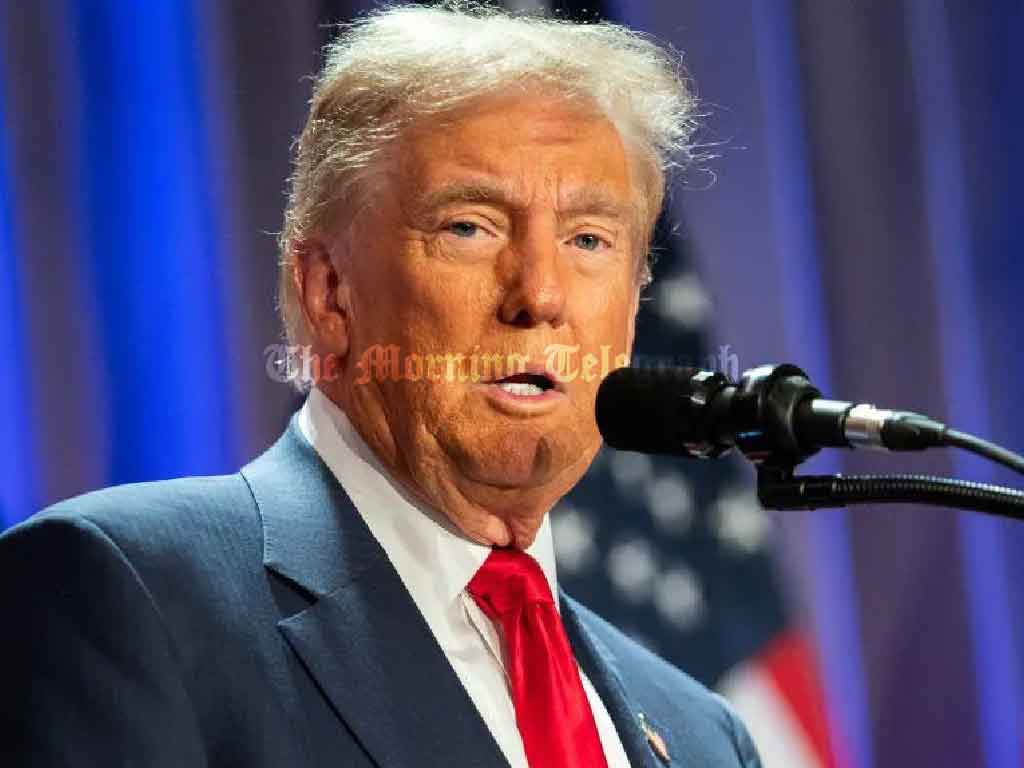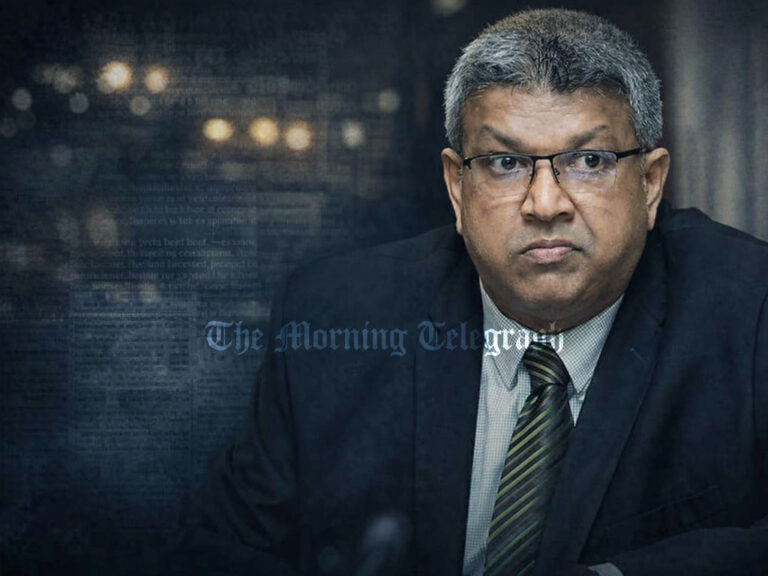
A federal judge has dismissed the high-profile election subversion case against former President Donald Trump, citing Justice Department policy that prohibits prosecuting a sitting president. The decision, made by Judge Tanya Chutkan, follows a request by Special Counsel Jack Smith to drop the charges “without prejudice,” allowing for the possibility of refiling once Trump leaves office.
Trump, recently re-elected as president, had been accused of attempting to overturn the 2020 election results in a case that gained national attention. Smith acknowledged in his filing that the dismissal was not based on the merits of the case but on constitutional constraints preventing the indictment of a sitting president.
This marks a significant shift in Trump’s extensive legal battles, which earlier this year included nearly 100 criminal charges across federal and state cases. Following a Supreme Court ruling this summer that presidents are immune from prosecution for “official acts” during their tenure, most of Trump’s federal charges have been dropped.
Smith has also requested the dismissal of a separate case involving Trump’s alleged improper storage of classified documents at Mar-a-Lago, although this decision is pending judicial approval. This case remains active for Trump employees Walt Nauta and Carlos De Oliveira, who are accused of aiding the obstruction.
At the state level, Trump’s legal woes are similarly on pause. In New York, his sentencing in a criminal case has been indefinitely delayed, while in Georgia, an appeals court is reviewing the election subversion case against him.
Trump celebrated the dismissals, calling the federal cases “empty and lawless” on Truth Social. He framed the legal challenges as politically motivated, a sentiment echoed by Vice-President-elect JD Vance, who stated the prosecutions were “always political.”
“If Donald J. Trump had lost an election, he may very well have spent the rest of his life in prison,” Vance posted.
Smith, who was appointed by Attorney General Merrick Garland in 2022 to lead investigations into Trump, is reportedly preparing to step down next year. His request to dismiss the election case closes a key chapter in the legal saga but leaves lingering questions about accountability and presidential immunity.
Legal experts suggest that Trump’s return to the White House effectively shields him from prosecution for the duration of his presidency. Former prosecutor Neama Rahmani remarked, “It’s well established that a sitting president can’t be prosecuted,” underscoring the significant implications of Trump’s re-election for his legal troubles.




